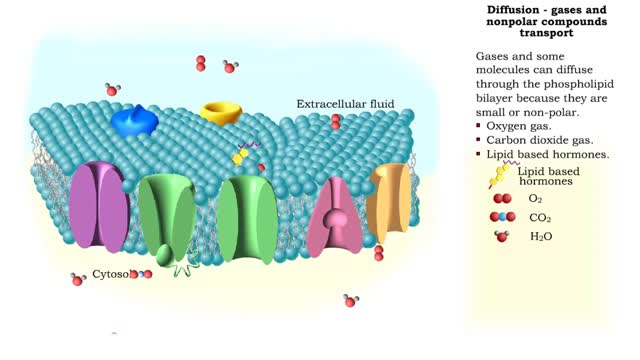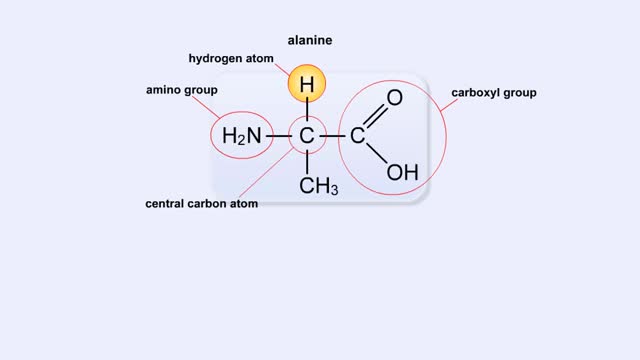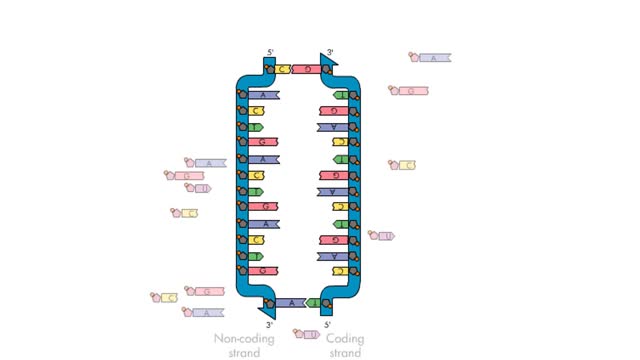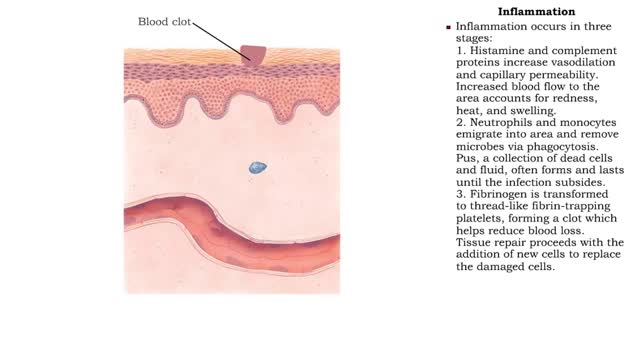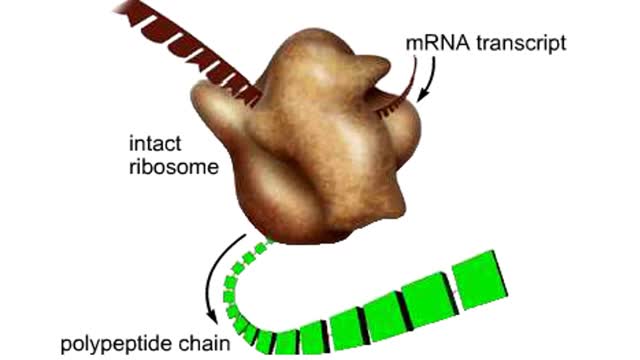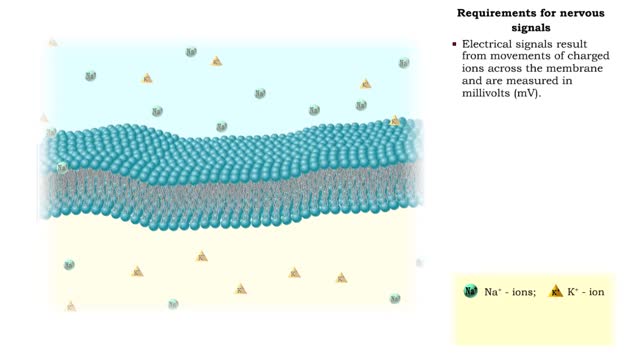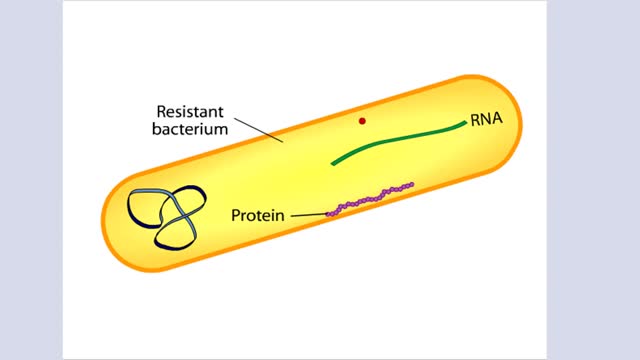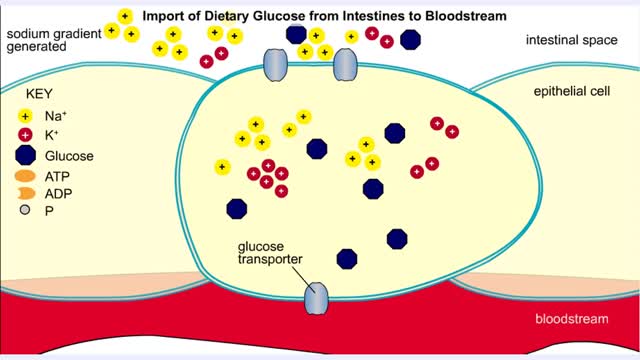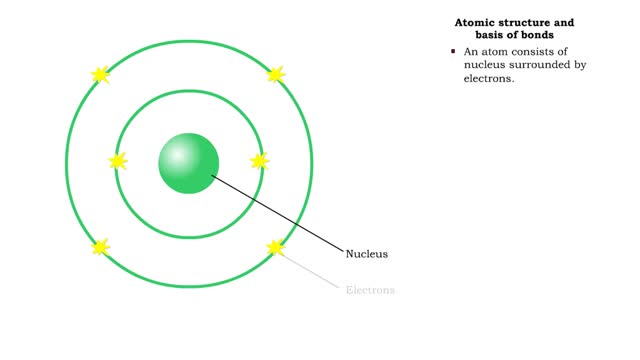Search Results
Results for: 'proteins'
Simple Diffusion - gases and nonpolar compounds transport
By: HWC, Views: 10983
Gases and some molecules can diffuse through the phospholipid bilayer because they are small or non-polar. Oxygen gas. Carbon dioxide gas. Lipid based hormones. Plasma membranes are selectively permeable: The lipid bilayer is always permeable to small, nonpolar, uncharged molecules ...
Structure of Amino Acid, Peptide Bonds & Polypeptides
By: HWC, Views: 10149
Here are the molecular formulas of three different amino acids. All amino acids share this backbone. The main difference between every amino acid is the side groups seen here, and these side groups give each of the amino acids their different characteristics. But before we get into that, let's ...
Transcription—A molecular view
By: HWC, Views: 6175
Transcription, as related to genomics, is the process of making an RNA copy of a gene's DNA sequence. This copy, called messenger RNA (mRNA), carries the gene's protein information encoded in DNA. During transcription, a DNA molecule is copied into RNA molecules that are then used to translate...
By: HWC, Views: 11051
• Inflammation is an immune response that can occur anywhere in the body, but is observed most frequently on the skin. • It provides early protection by preventing infection from spreading to other parts of the body. • Inflammation also promotes repair of damaged tissues. Inflammat...
By: HWC, Views: 7409
The structure and function of the mammalian ribosome. The mammalian ribosome consists of two subunits, one small and one large. Each subunit is assembled in the nucleus from rRNA and structural proteins. Once assembled, the ribosomal subunits are shipped separately to the cytoplasm. ...
Requirements for nervous signals
By: HWC, Views: 10435
• The function of neurons is to allow communication between cells, thereby maintaining homeostasis. • Electrical signals, called membrane potentials, travel along the membranes of the neurons. • Voltage variability and distance traveled determine the type of nervous signal. 1. Graded...
By: HWC, Views: 10206
The Crisis in Antibiotic Resistance More than 70 years ago, Alexander Fleming discovered penicillin. A few decades later, when this antibiotic was used in World War II, Fleming's discovery had revolutionized medicine. No longer did people have to die from something as trivial as an infected cut.Y...
Import of Dietary Glucose from Intestines to Bloodstream
By: HWC, Views: 9971
• Membranes have hydrophobic interiors. which resist the passage of hydrophilic compounds and ions. • However. transporter membrane proteins facilitate the passage of these molecules. • Passive transporters accelerate diffusion of molecules towards equilibrium (decrease a concentrat...
Bond types - Atomic structure and basis of bonds
By: HWC, Views: 10892
• Chemical bonds are fundamental to the structure and function of many types of molecules, such as proteins, carbohydrates, lipids, nucleic acids, gases, salts and water. ■ These molecules are composed of atoms that are held together by three different types of bonds. • The three types ...
Advertisement



